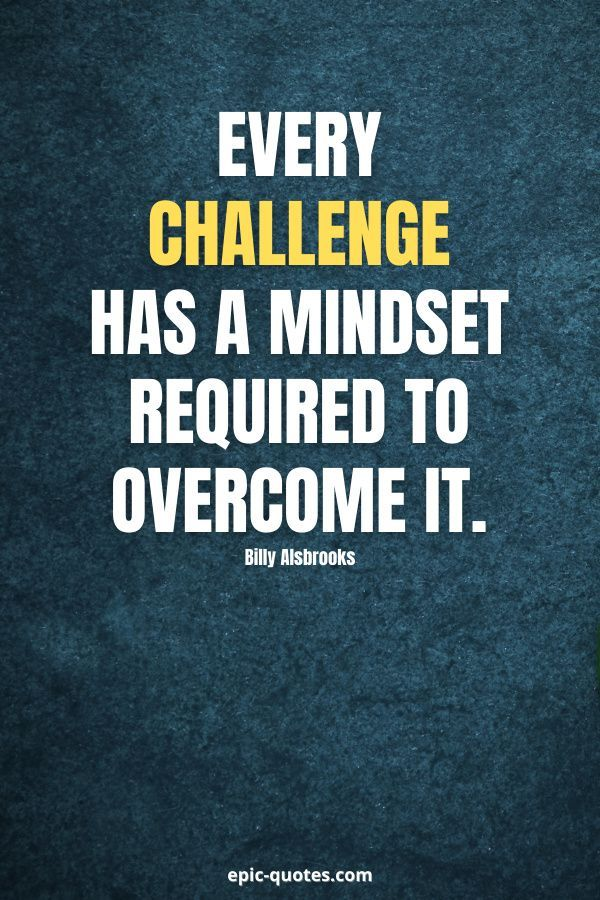
12/19/24 - Yesterday's massive drop in the stock market in the wake of the Fed news taught an important trading psychology lesson. Earlier in this post, I discussed replacing frustration with focus. By mentally rehearsing drawdowns in a calm, focused state, we can normalize inevitable losses. But the lesson from yesterday was different. We want to replace uncertainty with understanding. What happened following the Fed news? Relative volume in stocks exploded: the volume each time period was *much* greater than the average volume for the same period. At the same time, the NYSE TICK completely changed its distribution of readings, consistently hitting very negative levels. When we put these two observations together, we can appreciate that large market participants were bailing out of stocks. Only aggressive selling of baskets of shares could account for such negative TICK and such high volume.
Why was this happening? Yes, investors were disappointed in the limited outlook for rate cuts, but just as important, they were locking in their gains for the year. With only a couple of weeks left to go, money managers who are compensated on their annual returns can't afford to sit through a drawdown. Once we see what was happening, we could entertain the idea that we would see a trend move lower: the selling was pronounced. Uncertainty is replaced with understanding. We don't just trade better because we reach a better mindset; we achieve a positive psychology by understanding what is happening in markets and turning fear into opportunity.
12/18/24 - A TraderFeed reader asks a question about fear of losing money and how it's affecting his trading. A great book on this topic is Best Loser Wins by Tom Hougaard. He explains how planning for (inevitable) losses normalizes them in our experience and gives us control over the downside. Another good book in this regard is Mastering the Mental Game of Trading by Steven Goldstein. He highlights the importance of "letting go" of the outcomes of trades and instead focusing on the processes of sound trading. When we set stop losses, we can mentally rehearse them while we're in a calm, focused state and literally train ourselves to take the emotion out of drawdowns. This exposure method can be practiced as part of our daily routines, making losses expected and thus less threatening.
Every successful trader is passionate about making money and even more passionate about protecting their money. When you read the interviews of the great traders in Market Wizards, you find that many of them started their careers with a passion to make money, then lost significant capital, and only then recognized the importance of managing their losses and taking the right bets. Recently, I've received a number of emails asking me about how to handle large drawdowns. Of course, the answer is to limit drawdowns in the first place: with prudent stop losses, by keeping bet sizes reasonable to weather inevitable losing streaks. But if you have already gone through a large loss, how do you move forward as a trader?
Here are three steps you need to take:
1) Treat financial losses as emotional losses - If you've drawn down significantly, a piece of your dream has flown out the window. Lose 20% of your capital, and you need to make 25% on the remainder simply to break even. Lose 50% and now you need to double the remaining capital just to get back to even. A big loss of money is like a big loss of a relationship. Research in psychology tells us that the best way to get through those painful losses is to give ourselves time to express our emotions and seek social/emotional support. We heal more quickly when we go through a grieving process and especially when we are in the company of people who understand us and care about us. Put trading aside temporarily and make time for healing.
2) Let yourself feel the suck - It's tempting to want to put losses out of our minds and get back to normal. But that doesn't help us learn from the losses. It is the pain of drawdown that gets you to hit bottom and find the determination to never let that happen again. The only way the drawdown will be worthwhile is if it transforms you. The only way it will transform you is if the pain of the loss is so great that you will return to markets a new person, dedicated to managing P/L and making risk-taking sustainable. Hitting bottom can be the first step in rising up. The losses will only be worthwhile if they're an investment in making you better.
3) Return slowly - Small capital, small bets: crawl, walk, run. You're learning a whole new game of money management and risk control. Your first priority when you return to trading is to trade with consistency and to follow prudent rules for sizing positions and limiting losses per trade. In my own trading, I want to make sure that I can easily handle five consecutive losing trades. I know that, if I trade regularly and actively, such a losing streak will eventually occur due to pure chance. Start small, get consistent, slowly grow the risk taking, get consistent at the new level of risk, then bump up again, etc. When you hit a pothole in your trading due to changing markets, hold risk levels down until you figure out the new market patterns.
The first step in winning the game is staying in the game.
Losses are only a total loss if they don't make us better.
*
Further Reading:
Three Best Practices for Dealing With Drawdowns
The One Question to Ask When You're in Drawdown
.




